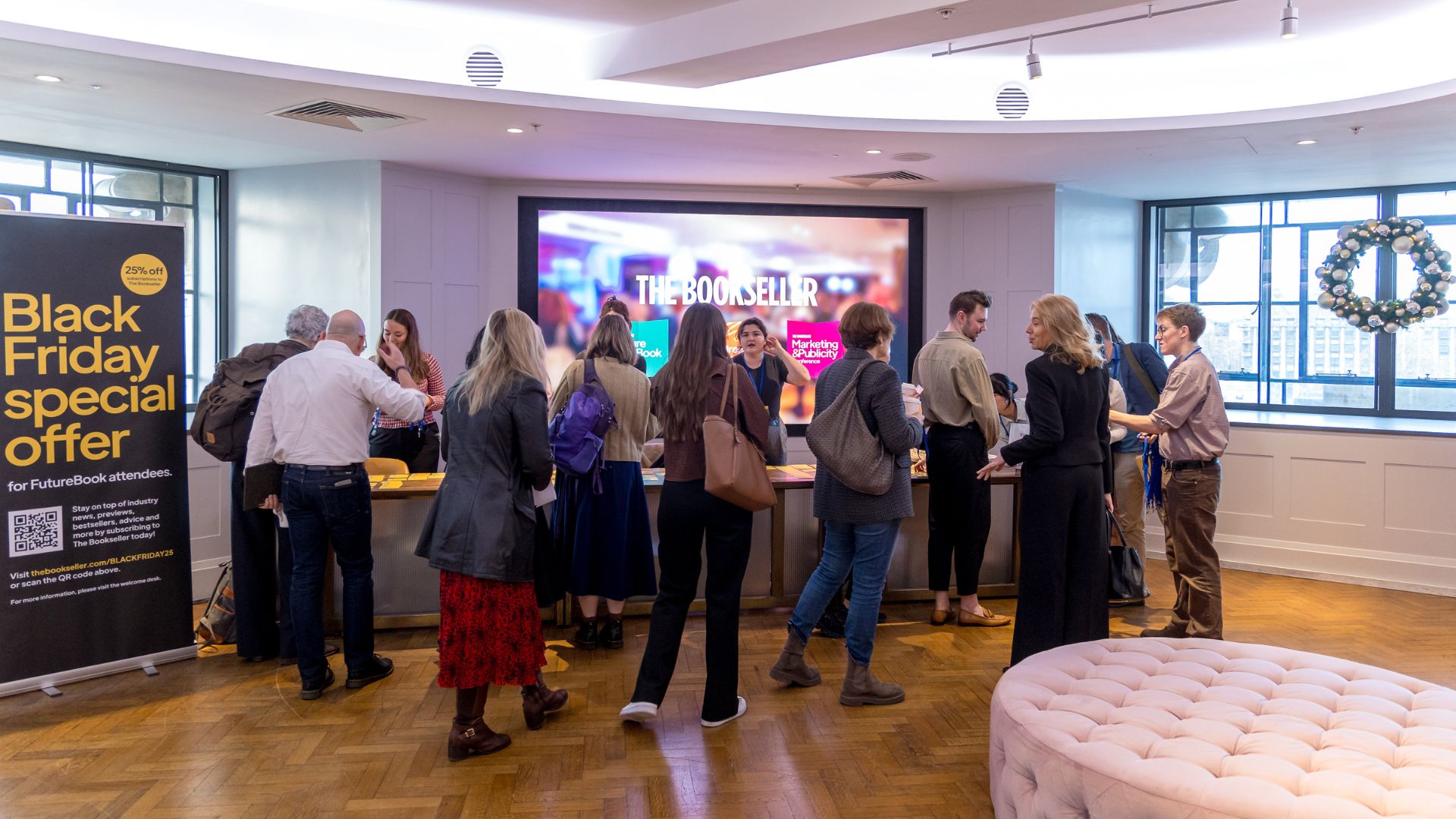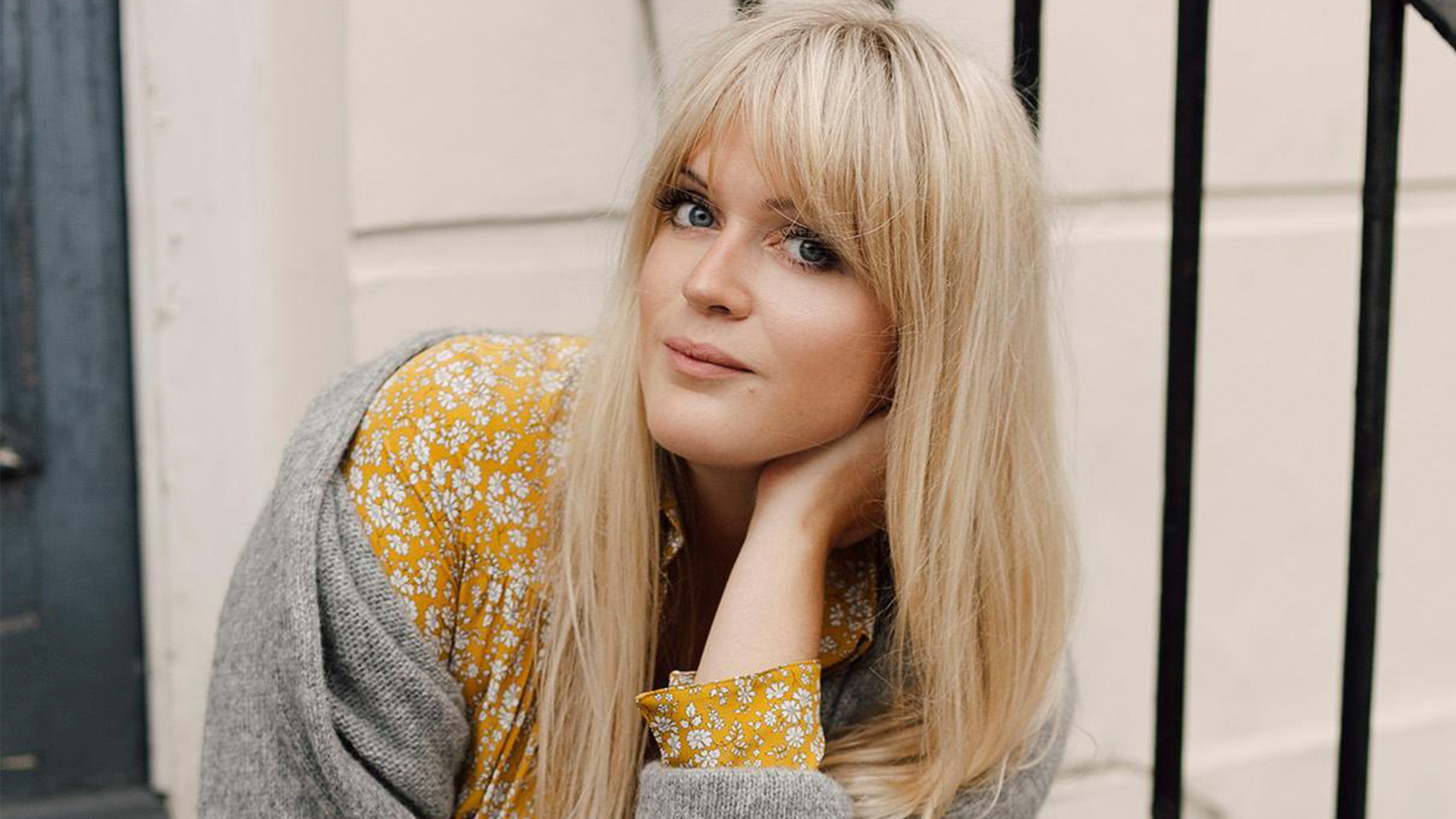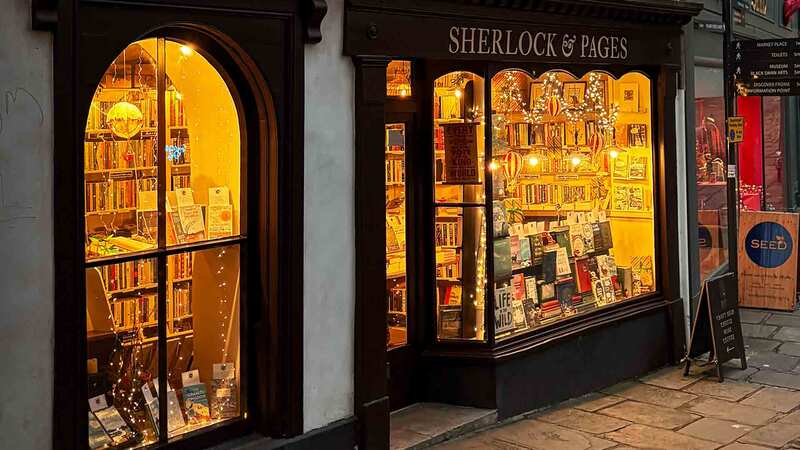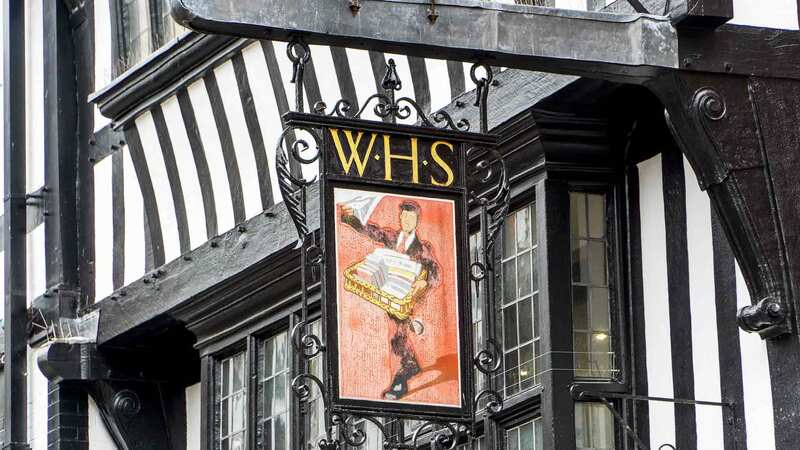You are viewing your 1 free article this month. Login to read more articles.
Wimbledon BookFest director Fiona Razvi describes post-Baillie Gifford ‘devastation’ with staff cuts planned
Wimbledon BookFest director Fiona Razvi has spoken of the “devastating” impact of losing Baillie Gifford sponsorship and how the organisation will now be cutting staff alongside “some very hard conversations” about its future.
Attendees at The Bookseller’s FutureBook conference at County Hall in Waterloo, London, heard from a panel also including Fleur Sinclair, owner of Sevenoaks Bookshop and president of the Booksellers Association, and Lucy Bond, co-managing director, Fane.
The session, “The event ecosystem: From survive to thrive”, was chaired by Joe Thomas, deputy publicity director and commissioning editor, Headline Publishing Group, who asked panellists about the financial future of literary festivals as well as the longer-term impact of events.
When asked about the difficulties following the loss of Baillie Gifford’s sponsorship last summer, Fiona Razvi, festival director at Wimbledon BookFest, said: “I think we’re all devastated. It has hit us incredibly hard. We went through the pandemic when we had really tiny or reduced audiences and all the increased pressure that put on us; we went into this year with massive negative reserves.
“We’ve got no buildings, we’ve got nothing to borrow against, we’re charities – of the former Baillie Gifford festivals, nine of 10 are charities so very different to most commercial entities. So you’re 50% run on your generated income such as ticket sales.... and 50% on philanthropy, which is sponsorship and grants and individual giving, and that’s all gone. At the Baillie Gifford [Prize] dinner last week, a firm line was drawn under the relationship."
The impact is still playing out on the sector, Razvi said. “The difficulty is this has created a lack of confidence in the sector. Arts marketing has always been under threat because our writers and artists challenge us, but there’s a general feeling this has really misfired, this has put us immensely under threat – that’s the big three as well as the next tier down. We’re going to be talking about community engagement, as well as the 10-day festival, we work with communities throughout the year. We will be cutting staff, we are cutting everything. It’s very difficult.
“As a charity, our board’s remit is the financial stability of the organisation and there are some very hard conversations about our work going forward. It’s devastating, there’s no other way of putting it. We need sponsorship to continue.”
Sinclair believes there is a general lack of awareness of how costly events are to stage. “I think there’s a misunderstanding about what it takes to stage any event,” she said. “It speaks to a problem about arts funding in general... all these costs will never earn out anything. I fully appreciate what you are saying but I think arts funding needs a whole rethink. Where bookshops sit, yes, we are commercial businesses but we’re so small and can be so overlooked.
“Everyone’s interests need to be taken into account, everyone’s financials need to be spoken about openly so we all leave with wages for people paid, happy customers, overheads managed.”
Bond said: “When we announced we were sponsoring Henley Literary Festival [announced last month] it was almost like something broke and festivals reached out to us to have more discussions about things and even starting that communication... has really informed us in a really different way.”
On the subject of events, Bond said: “I think the general impression with Fane is that we only do high-profile celebrity events and 2,000 seaters and that is the only thing that we do, but to speak to long-term relationships, as an example, we started working with Dolly Alderton in 2018 – the first event we did was 150 seats at London Bridge and she’s just sold out three Sydney Opera House dates. So having that relationship with her over the past six years... the live profile [of the event] can be built alongside the live profile of the author.”
The subject of the exclusivity of big-name authors across the events trail was also a controversial one, following concerns reported to The Bookseller last year. Ravzi said: “We can’t do debut authors without the big names. What’s really sad for us is we might do Dolly Alderton with 60 and then she’ll never do us again and we’ve seen that again and again and again. I speak for our communities – we’ve been very fortunate at Wimbledon to have very big names that give you the PR and leverage of other events, but other festivals are not in that position and we can’t exist without them. If you do not get your 10 lots of 500+ audiences, you can’t do these debut events.”
Sinclair echoed this. “In exactly the same way we cannot build readership for debuts – though also for people on book two or book three [still building a readership]... sometimes there’s this expectation of audiences of 100 and we feel we can get an engaged audience of 30.
“There’s a disconnect with expectations sometimes. Bookshops do need the big book events – it’s not just the financials, though they can prop up however many terrible January days of no one coming through the door – it’s that what’s gives us customer loyalty... these are our communities and we need to provide them famous people, too.
“We want to make sure for agents and authors that the biggest events are important and used to support the entire ecosystem of books in general and readers... they need to make sure that bookshops, literary festivals are all on the tour.”



















